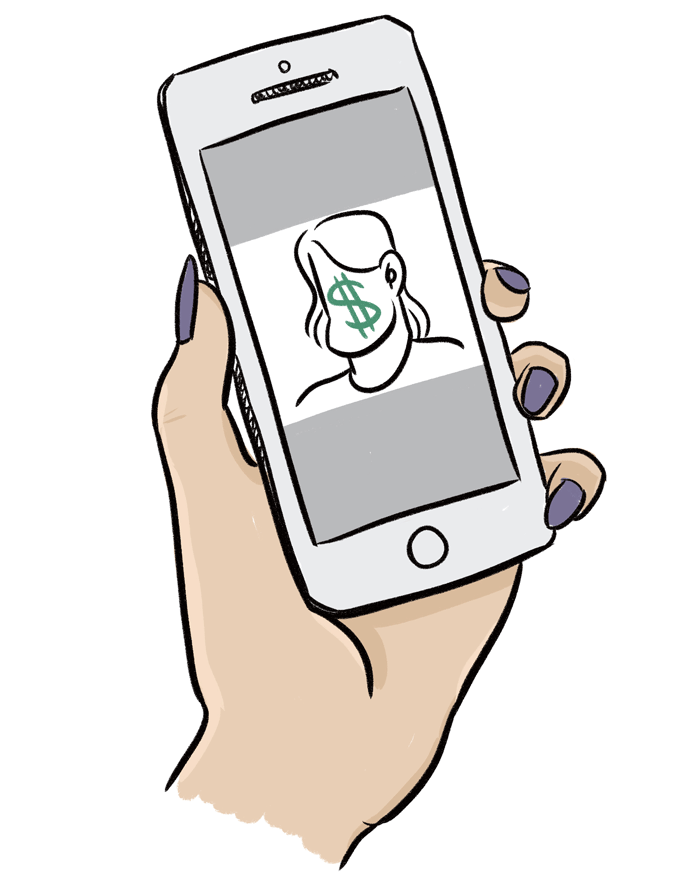The New York Times recently introduced us to the League, a “boutique” approach to dating apps aimed at the educated upper crust.
Some things we learned: League founder Amanda Bradford, a Stanford Business School graduate and former Google employee, just raised more than $2 million in venture capital for what is essentially Tinder for rich people. She’s modeled the app off of private social clubs. She has a nice Chanel bag.*
Social media—that stronghold of democratized commentary—collectively recoiled.
But I humbly submit that the League is not so bad. Don’t swipe left just yet.
Money loves money. Wealth and privilege multiply and concentrate. This is not particular to San Francisco, the tech industry, or even this century. The League may be predicated (and profiting) on a booming California tech sector, but it is not specifically of this time or place. Since kings were arranging strategic marriages of their sons and daughters, those with money and power have sought not to dilute them through mating down.
But it turns out the rich date just like us: digitally, awkwardly, steeped in sameness. Online matchmaking is a massive business, regardless of income bracket. There are dating services as general as Match.com and as specific as FarmersOnly.com. It was only a matter of time until we had the League as well.

Were they not using the League, these upwardly mobile singles would be using other established and exclusive networks to find their mates: Schools, jobs, mutual fancy friends. On dating sites open to the general public, they might search by occupation or income. OKCupid might label them “more greedy” than their peers. They might post their bank balances to Tinder. They might only swipe right for potential mates in designer clothing.
The League is galling because, for all its private cache, it finally makes these proclivities very public. But above all else: It is nothing new. And its $2 million in venture funding is a drop in the San Francisco Bay that is current speculative investment in apps.
But exclusive and elitist tech services aren’t necessarily the most lucrative. Uber found success not in “your personal black car” but with a broader range of cheaper rides. For all its buzz, the private Battery Club in San Francisco hasn’t spawned competitors or raised its membership fee in response to demand.
The League isn’t a product of tech wealth or innovation, either—it’s old money priorities dressed up in new money trappings. It may seem icky, but the widening wealth gap—the largest we’ve seen since the Federal Reserve started keeping track—is far more gross. It’s no wonder Leaguers might feel the need to congregate on one app: There simply aren’t very many of them.
The League is a symptom. Don’t hate the app, hate the game.
*UPDATE — February 02, 2015: We originally wrote that Bradford was a graduate of the Ivy League. In fact, she attended the Stanford Graduate School of Business.





